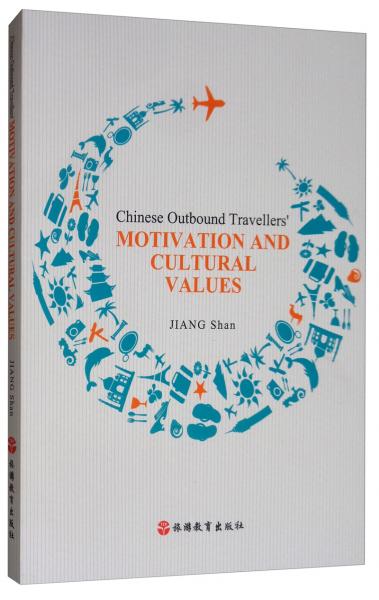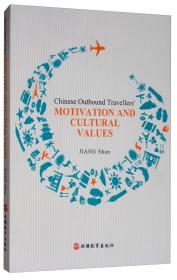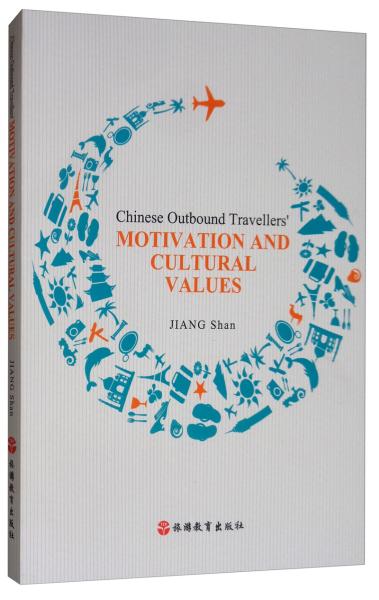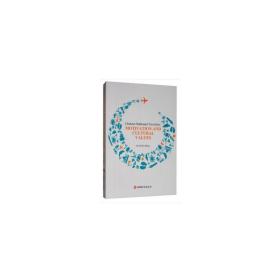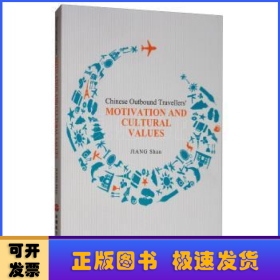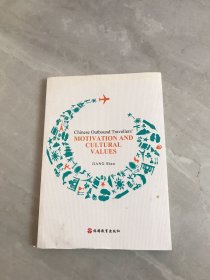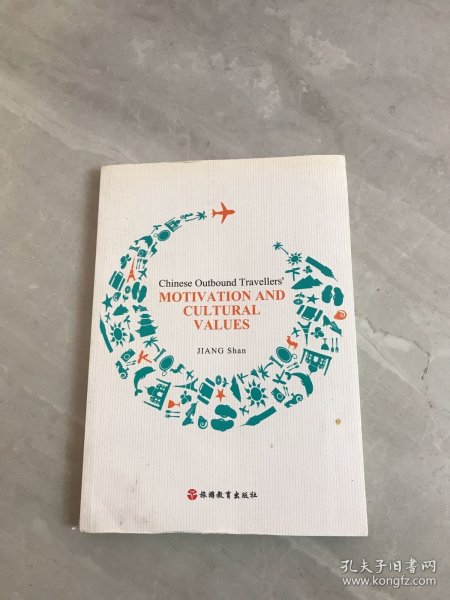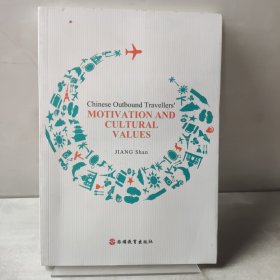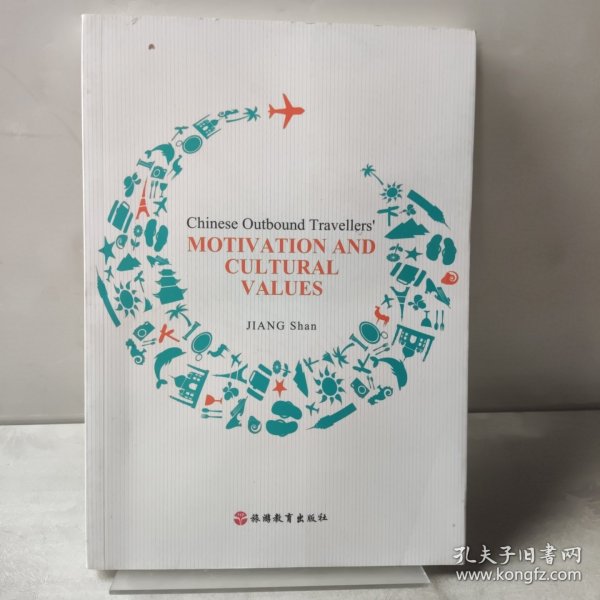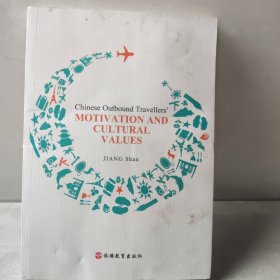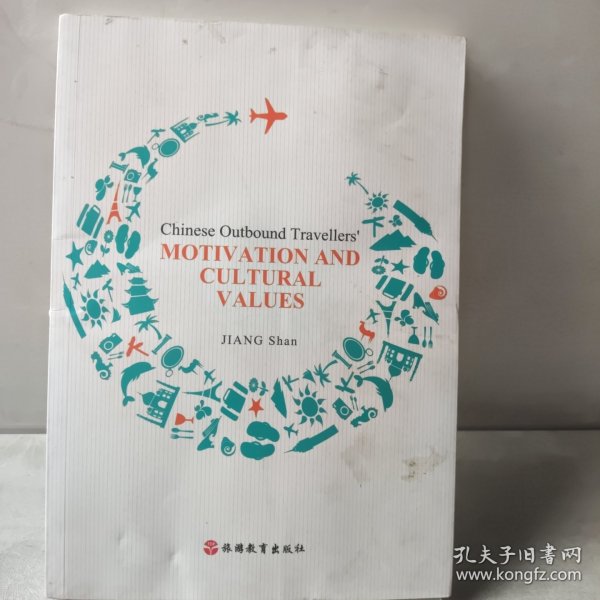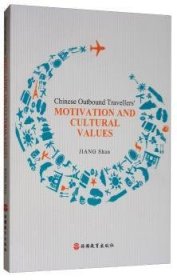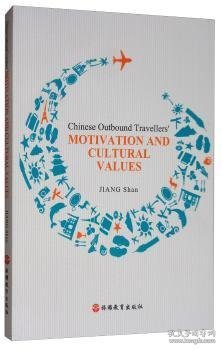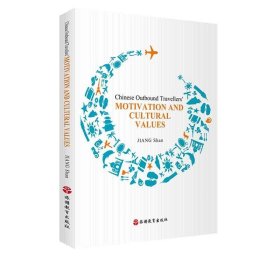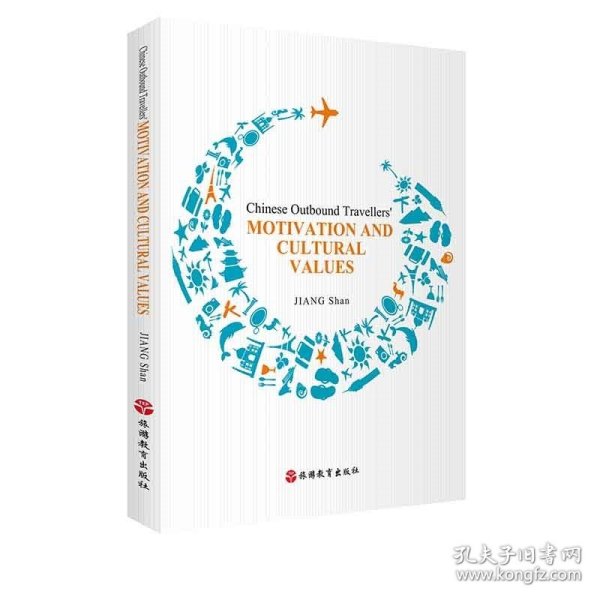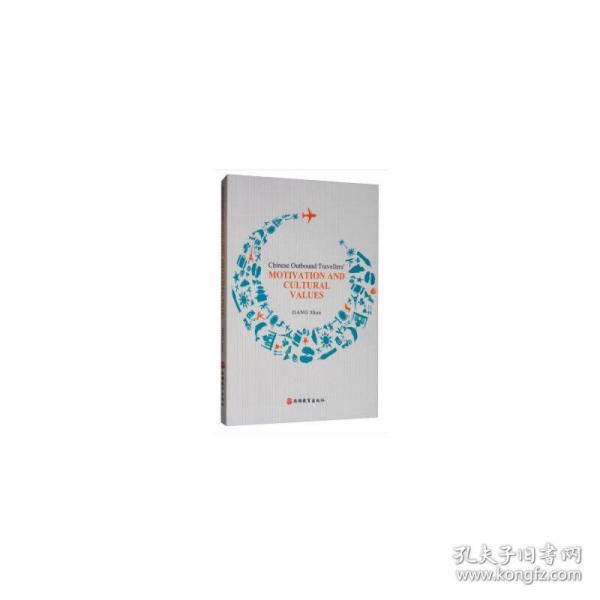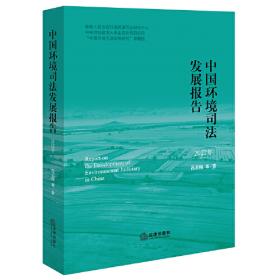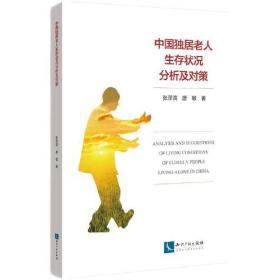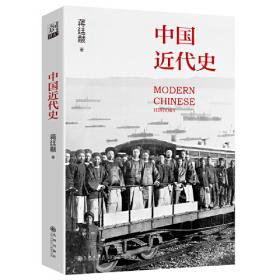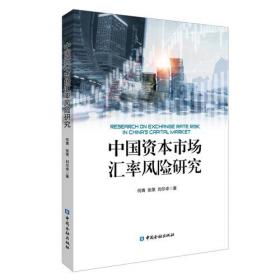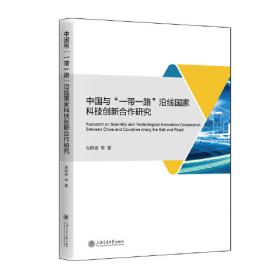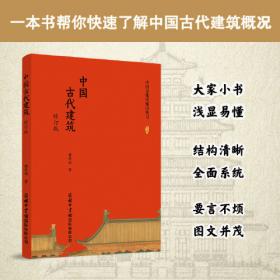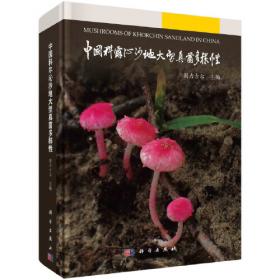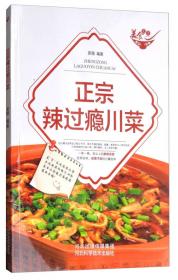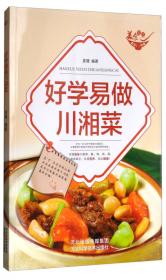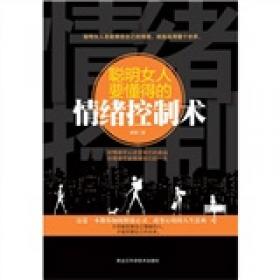中国出境旅游者动机及其文化价值观
出版时间:
2019-09
版次:
1
ISBN:
9787563740321
定价:
58.00
装帧:
平装
开本:
16开
纸张:
胶版纸
页数:
263页
2人买过
-
This book is a reading material of a master course Tourism Destination Marketing,and it focuses on a theoretically based solution to a practical problem: determining the travel motivations of Chinese outbound leisure market.
This research focuses on a theoretically based solution to a practical problem:determining the travel motivations of Chinese outbound leisure travellers.The impetus for tlus research was my time spent in the USA in 2005 as a master student and research assistant on a project studying the motivations of Chinese travellers to the United States.The growth of this outbound travel market is very rapid and many countries including the US are preparing by conducting research on Chinese travellers.Through involvement in this research project, I became fascinated with travel motivation and with understanding why Chinese travel overseas.When reviewing theories of travel motivation, it is found that there is no widely accepted theory in the current literature which could adequately explain leisure travel motivation.In addition,there are methodological problems found in a number of papers that study leisure travel motivation.As a result, although this research began by seeking a solution to a practical perspective, it also has focused on theoretical problems and contributes to theory through exploring travel motivation of leisure travellers. 姜珊,博士,毕业于澳大利亚昆士兰大学旅游学院,首都师范大学资源环境与旅游学院硕士生导师,首都旅游研究院副院长。研究方向为旅游者行为,旅游目的地管理,国家公园游客体验。先后在SSCI等国际期刊上以作者身份发表多篇文章。参与英文旅游大百科全书词条及多本英文书章的编写,主持和参与多项国家青年自然科学基金,教育部人文社科青年基金,北京市教委科学基金项目,以及世界旅游组织,美国德克萨斯理工大学国际科研项目种子基金、澳大利亚旅游局等国际项目。现为JournalofDestinationMarketing&Management期刊(SSCI)编委会成员。 Chapter 1 Background Introduction
1.1 Background to the Research
1.2 Problem Specification
1.3 Research Questions
1.4 Contributions
Chapter 2 Travel Motivation and CulturaI Value
2.1 Motivation and Motivation Theory
2.2 Travel Motivation and Travel Motivation Theories
2.3 Chinese Cultural Value
Chapter 3 Means-end Chain Theory
3.1 MEC Model
3.2 The Cognitive and the Motivational Perspectives
3.3 Previous Tourism Studies with Means-end Chain Theory
Chapter 4 Explore Clunese Outbound TraveI Motivation with MEC Theory
4.1 Introduction of Methodology
4.2 Justification of the Methodology
4.3 Research Design
4.4 Pre-test
4.5 Pilot Test
4.6 Data Collection
4.7 Data Analysis
Chapter 5 Qualitative Data Analysis Results
5.1 The Profile of the Respondents
5.2 Important Travel Motivations Analysis
5.3 Relationship Analysis of Travel Motivations though MEC
Chapter 6 Quantitative Data Analysis Results
6.1 The Profile of the Respondents
6.2 Important Travel Motivations Analysis
6.3 Relationship Analysis of Travel Motivations though MEC
Chapter 7 Relationship between Travel Motivation and CulturaI Values
7.1 Self Enhancement
7.2 Nurturing the Soul
7.3 Harmonious Relationslup
Chapter 8 Conclusion
8.1 Brief Review of the Research
8.2 Discussion of the Research Findings
8.3 Contributions
8.4 Limitations of the Research
8.5 Directions for Future Research
8.6 Concluding Remarks
Previous Research Related with This Book
References
Appendix 1 Pilot Test-Summary Score Matrix (SSM)
Appendix 2 Pilot Test-Summarylmplication Matrix (SIM)
Appendix 3 Ladderinglnterview Outline
Appendix 4 The Description of Summary Content Codes
Appendix 5 Research Information Sheet
Appendix 6 Questionnaire of Respondents'Demographic Information
Appendix 7 Summary Implication Matrix (SIM) for Formal Data
Key Word Definition
-
内容简介:
This book is a reading material of a master course Tourism Destination Marketing,and it focuses on a theoretically based solution to a practical problem: determining the travel motivations of Chinese outbound leisure market.
This research focuses on a theoretically based solution to a practical problem:determining the travel motivations of Chinese outbound leisure travellers.The impetus for tlus research was my time spent in the USA in 2005 as a master student and research assistant on a project studying the motivations of Chinese travellers to the United States.The growth of this outbound travel market is very rapid and many countries including the US are preparing by conducting research on Chinese travellers.Through involvement in this research project, I became fascinated with travel motivation and with understanding why Chinese travel overseas.When reviewing theories of travel motivation, it is found that there is no widely accepted theory in the current literature which could adequately explain leisure travel motivation.In addition,there are methodological problems found in a number of papers that study leisure travel motivation.As a result, although this research began by seeking a solution to a practical perspective, it also has focused on theoretical problems and contributes to theory through exploring travel motivation of leisure travellers.
-
作者简介:
姜珊,博士,毕业于澳大利亚昆士兰大学旅游学院,首都师范大学资源环境与旅游学院硕士生导师,首都旅游研究院副院长。研究方向为旅游者行为,旅游目的地管理,国家公园游客体验。先后在SSCI等国际期刊上以作者身份发表多篇文章。参与英文旅游大百科全书词条及多本英文书章的编写,主持和参与多项国家青年自然科学基金,教育部人文社科青年基金,北京市教委科学基金项目,以及世界旅游组织,美国德克萨斯理工大学国际科研项目种子基金、澳大利亚旅游局等国际项目。现为JournalofDestinationMarketing&Management期刊(SSCI)编委会成员。
-
目录:
Chapter 1 Background Introduction
1.1 Background to the Research
1.2 Problem Specification
1.3 Research Questions
1.4 Contributions
Chapter 2 Travel Motivation and CulturaI Value
2.1 Motivation and Motivation Theory
2.2 Travel Motivation and Travel Motivation Theories
2.3 Chinese Cultural Value
Chapter 3 Means-end Chain Theory
3.1 MEC Model
3.2 The Cognitive and the Motivational Perspectives
3.3 Previous Tourism Studies with Means-end Chain Theory
Chapter 4 Explore Clunese Outbound TraveI Motivation with MEC Theory
4.1 Introduction of Methodology
4.2 Justification of the Methodology
4.3 Research Design
4.4 Pre-test
4.5 Pilot Test
4.6 Data Collection
4.7 Data Analysis
Chapter 5 Qualitative Data Analysis Results
5.1 The Profile of the Respondents
5.2 Important Travel Motivations Analysis
5.3 Relationship Analysis of Travel Motivations though MEC
Chapter 6 Quantitative Data Analysis Results
6.1 The Profile of the Respondents
6.2 Important Travel Motivations Analysis
6.3 Relationship Analysis of Travel Motivations though MEC
Chapter 7 Relationship between Travel Motivation and CulturaI Values
7.1 Self Enhancement
7.2 Nurturing the Soul
7.3 Harmonious Relationslup
Chapter 8 Conclusion
8.1 Brief Review of the Research
8.2 Discussion of the Research Findings
8.3 Contributions
8.4 Limitations of the Research
8.5 Directions for Future Research
8.6 Concluding Remarks
Previous Research Related with This Book
References
Appendix 1 Pilot Test-Summary Score Matrix (SSM)
Appendix 2 Pilot Test-Summarylmplication Matrix (SIM)
Appendix 3 Ladderinglnterview Outline
Appendix 4 The Description of Summary Content Codes
Appendix 5 Research Information Sheet
Appendix 6 Questionnaire of Respondents'Demographic Information
Appendix 7 Summary Implication Matrix (SIM) for Formal Data
Key Word Definition
查看详情
-
九品
北京市昌平区
平均发货22小时
成功完成率88.38%
-
全新
四川省成都市
平均发货20小时
成功完成率90.79%
-
全新
上海市黄浦区
平均发货10小时
成功完成率94.55%
-
八五品
北京市昌平区
平均发货11小时
成功完成率97.84%
-
全新
北京市通州区
平均发货10小时
成功完成率90.63%
-
全新
广东省广州市
平均发货17小时
成功完成率87.31%
-
全新
北京市丰台区
平均发货7小时
成功完成率91.72%
-
九五品
河南省商丘市
平均发货11小时
成功完成率93.23%
-
全新
北京市丰台区
平均发货23小时
成功完成率80.77%
-
九品
河南省商丘市
平均发货12小时
成功完成率90.64%
-
全新
山东省泰安市
平均发货9小时
成功完成率91.58%
-
九五品
北京市朝阳区
平均发货25小时
成功完成率72.73%
-
全新
湖南省益阳市
平均发货44小时
成功完成率90.34%
-
全新
上海市浦东新区
平均发货16小时
成功完成率76.4%
-
九品
北京市海淀区
平均发货24小时
成功完成率87.6%
-
全新
山东省泰安市
平均发货22小时
成功完成率87.66%

 占位居中
占位居中

